Prepping for any circumstance requires attention in a range of areas. It can be a lot to juggle. Fortunately, there are some prep elements that are effective in and of themselves while also supporting other prepping needs.
One such aspect is financial resilience. It’s an unavoidable fact that finances don’t just play a key role in contemporary life but are also likely to be essential during emergencies. Indeed, finances may be a reason for disasters to occur, in the form of economic downturns or cybercrime against financial institutions.
This is why it’s so important to understand the symbiosis of financial resilience and prepping. By recognizing how your finances factor into emergencies and adopting appropriate practices, you can have a holistically positive impact on how well you navigate difficult times.
Creating a Strong Foundation
Solid prepping requires resources. Without a responsible financial attitude, you may find that you are unable to afford the items you need to thrive. This doesn’t just apply to investing in your prepping activities. A lack of practical financial knowledge may also leave you unable to purchase urgent items during the response or recovery phase of a disaster. It’s important to create a strong foundation for your prepping based on the principles of financial literacy.
Truly effective financial literacy starts with disciplined practices. You need to dedicate time to learning about money management tactics that empower you to make responsible decisions. For instance, get to know the basics of setting up a monthly budget and creating an emergency fund. It’s also wise to look into how you can set financial goals and stick to investing in these until you’ve achieved them. These steps might seem basic. However, the discipline you need to maintain these relatively simple actions is the basis on which you can build greater financial resilience.
Part of your solid financial foundation should be reliable record-keeping and assessments. People often make poor decisions about their finances because they’re squeamish about looking at their bank and savings accounts regularly. Yet, this visibility is vital for both prepping and stability. The better understanding you have of your current and expected financial positions, the better able you are to adapt your actions to meet your evolving plans and needs. So, keep clear records of all expenses and income. Take the time to review these on a monthly basis and make adjustments that allow you to be more resilient.
Maintaining Energy Efficiency
There’s no question that contemporary living is dependent on reliable energy sources. Even many of the most basic actions — cooking and communication, among others — require some form of energy. This presents additional challenges for you to bear in mind when prepping. You not only have to prepare for the possibility of shortages and outages in the future. You also have to consider the fact that the costs of energy rise with inflation. Adopting energy efficiency measures can help you address both the financial and practical challenges of this.
Firstly, don’t just rely on the grid for your energy wherever possible. Look at alternative methods that enable you to gain and store energy with minimal outlay on your part. Perhaps the most cost-effective form of this is solar power. You can place panels around your property to generate electricity from the sun. You can then channel it to batteries for backup power and even directly to your home should the main grid fail. This also means you’re not spending money during either your prep or disaster scenarios on more expensive fossil fuels.
It’s also wise to adopt smart energy tools throughout your home. These are devices connected to the Internet of Things (IoT) that monitor your power usage. The data collected in apps gives you great insights into where areas of wastage are so you can adopt more efficient behaviors. Certainly, this saves you money that you can then dedicate to your prepping and emergency funds. It also means you’re using efficient forms of energy that are more sustainable and affordable should disasters arise or the economy take a downturn.
Pushing Your Food Budget
Naturally, when you’re prepping for any scenario, food is a priority. You want to make certain that you have access to the essentials in the immediate aftermath but also keep to a nutritionally balanced diet in the long term. You should also bear in mind that when food scarcity arises, items can become more costly to purchase. This is why finding ways to stretch your food budget can be a positive influence. Establish methods that minimize unnecessary purchases without negatively impacting your health and comfort.
The most budget-friendly approach to both food spending and prepping is to grow your own fruits and vegetables. Consider what foods can thrive in your local climate and perhaps invest in greenhouses or polytents to have greater control over what crops you can produce.
Don’t just stick to traditional home garden fare, though. You should also focus on foods that give your food stores the most nutritional value for your financial outlay. For instance, it’s easy to grow certain superfoods with little more space than a pot on a windowsill. Herbs such as basil and oregano are known to help maintain blood sugar levels. Spices — garlic, ginger, and fennel seed, among others — add flavor to dishes and can boost your wellness. In short, you gain financial, health, and comfort advantages from your efforts.
Additionally, consider trading foodstuffs with other preppers and community members. This could take the form of a cooperative organization that sees each member growing different foodstuffs and exchanging them with one another. This doesn’t just make a greater diversity of items available. It also spreads the cost of food production between a larger number of people.
Diversifying Your Finances
You likely know by now that one of the keys to good prepping is avoiding over-reliance on a single resource. Putting all your eggs in one basket puts you at risk of instability should events outside of your control affect your single source. You need to apply this way of thinking to your finances. After all, disruption can come in various forms. Natural disasters, economic turmoil, and social unrest can all affect your sources of stable finances. Therefore, you should consider financial diversification to be a priority.
Diversifying your income streams is a good start here. This doesn’t mean you necessarily have to get multiple jobs. Look for the potential to gain passive income alongside your day job. If you’re creative, you could sell designs on e-commerce merchandise platforms. You might also get revenue from creating YouTube videos or even making an e-learning course in your area of expertise. Mindfully investing in dividend stocks can generate regular sources of income, too. Your dedication to diversification can bolster your emergency funds and provide backup sources of income should events disrupt one of them.
It might also be wise to diversify where you keep your funds. If your bank goes bankrupt, you’ll usually have some form of federal protection. However, disasters and other forms of disruption may minimize your immediate access to funds from a specific institution for a while. Therefore, you should consider spreading your finances across at least a couple of different accounts.
Leveraging Upcycling
In recent years, upcycling has become a popular method of recycling and repurposing old items. Adopting this activity certainly makes for a cheaper source of fixtures and fittings in your home. It also tends to be a more cost-effective way to make bunkers, shelters, and other preparatory spaces more comfortable. Additionally, you’ll find that it’s a great way to gain some additional practical skills that are also useful for independently maintaining your home and extending the life of items within it.
Some of the upcycling activities that are great for saving money include:
- Reupholstering furniture. This can be even more cost-effective when you do so with fabrics you find on sale or reuse materials from other items, such as old blankets and clothing. You may also be able to reuse tacks and nails from older pieces.
- Upcycling clothing. Learn how to repair and repurpose wearables. Keep spare fabrics in a storage box for patching damaged items. If clothing isn’t salvageable, you can reduce it down to cleaning rags or soft furnishing stuffing.
- Repurposing e-waste. There is an abundance of electronics in today’s society, which produces a lot of waste. Consider how you can upcycle old electronics. For instance, old smartphones can be part of serviceable DIY security camera rigs and you can adopt outdated computers as home servers for storing files.
Your upcycling can go further than simply saving you money. When you’re navigating a tight budget, one of the ways you can keep a positive mindset is finding ways to have fun. The creativity you apply to upcycling can be a powerful psychological and emotional boost. Additionally, you could turn this into another income generator by selling additional upcycled items you don’t personally need.
Conclusion
Strong finances can help you better prepare for and respond to disasters. By getting a clear understanding of what financially literate actions can positively impact your prepping, you can put solid measures into place. These certainly aren’t the only areas of prepping that solid financial literacy can support, though. Take the time to review all of your plans to get a better understanding of how money and your relationship to it affect your success. You can then adapt your activities to enhance how holistically positive they are.

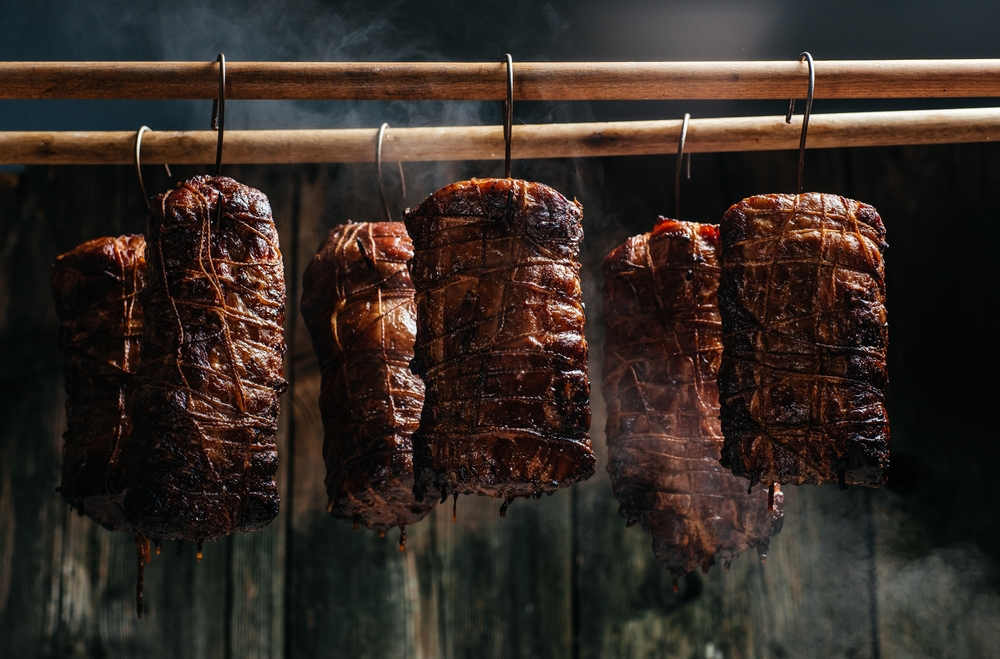

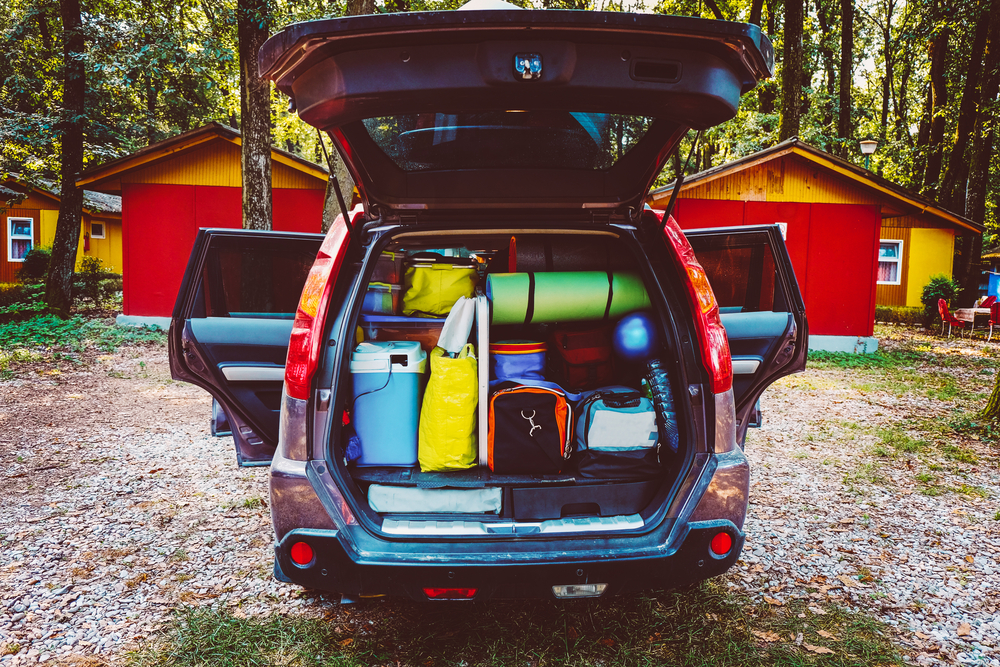


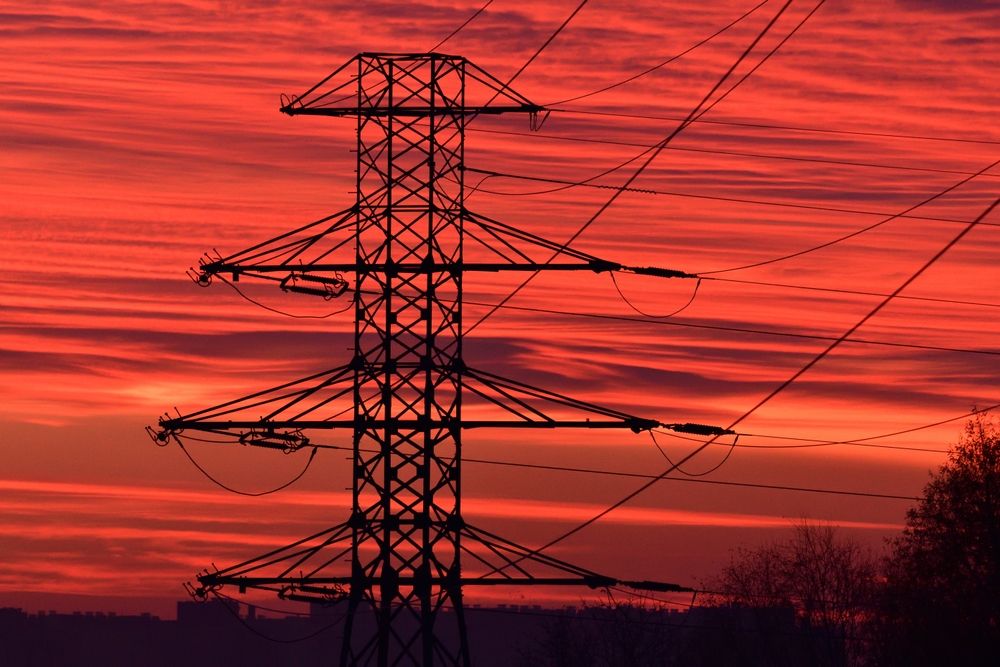


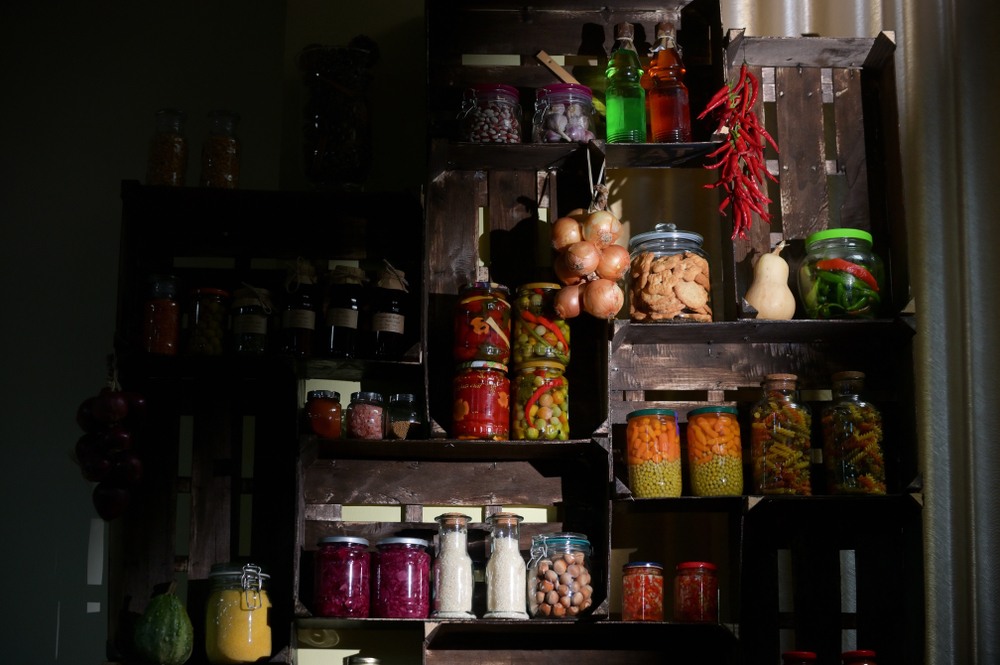










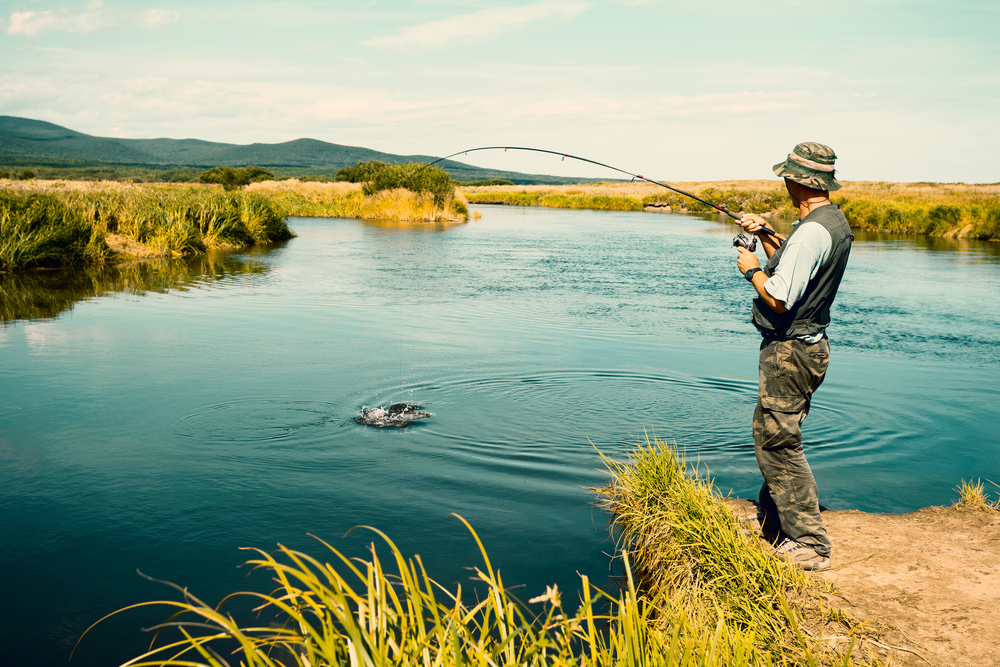


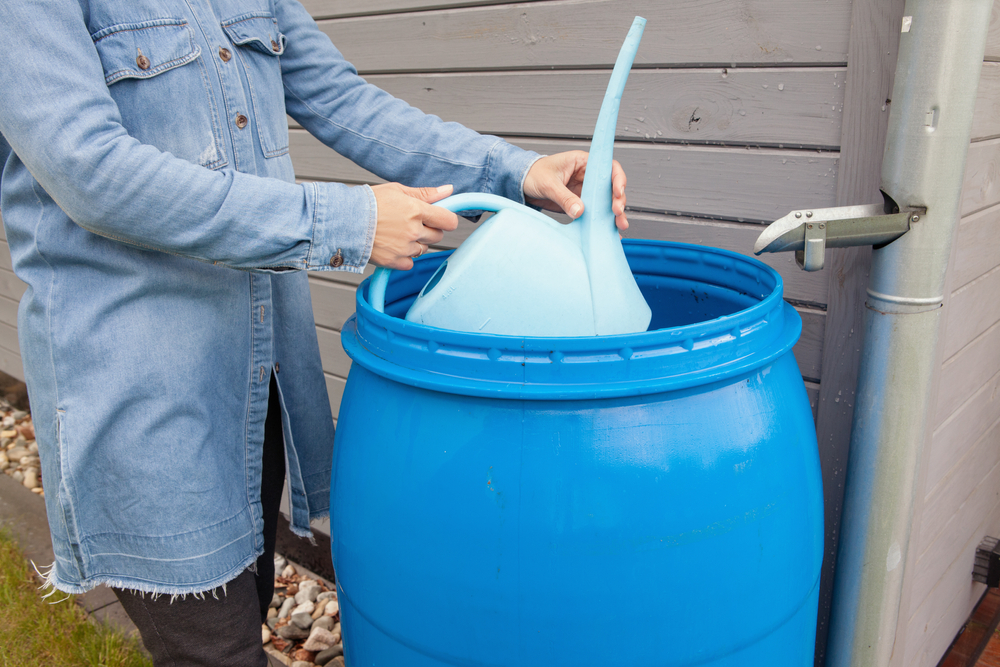
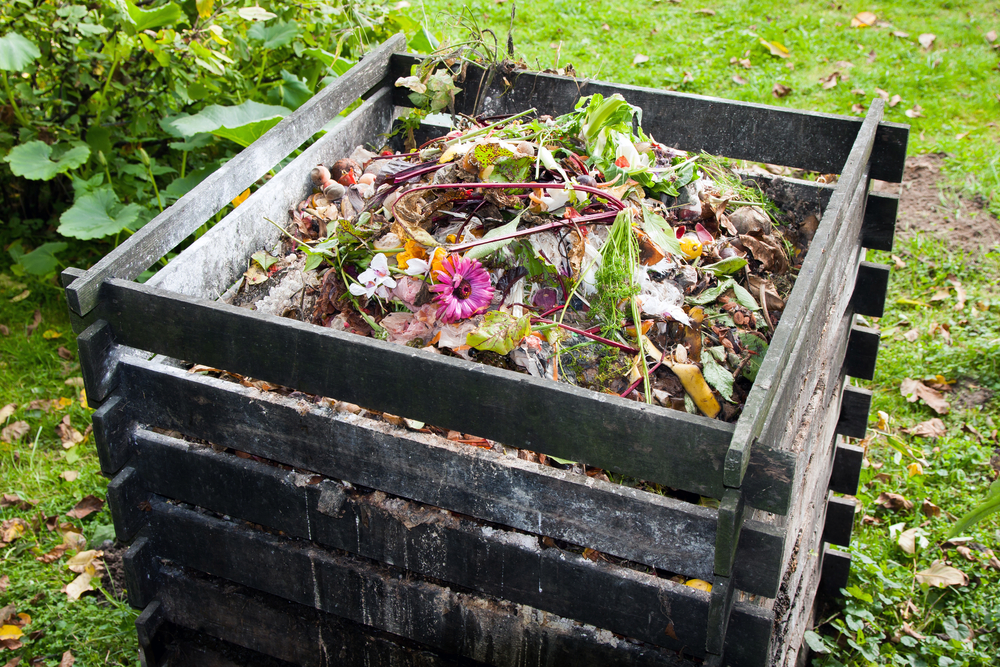
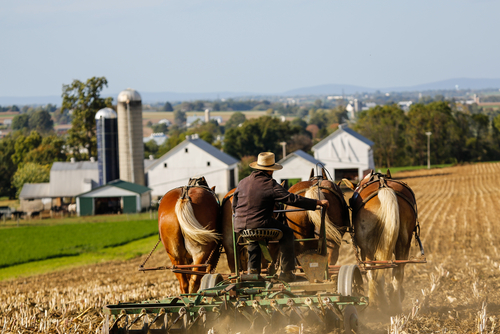
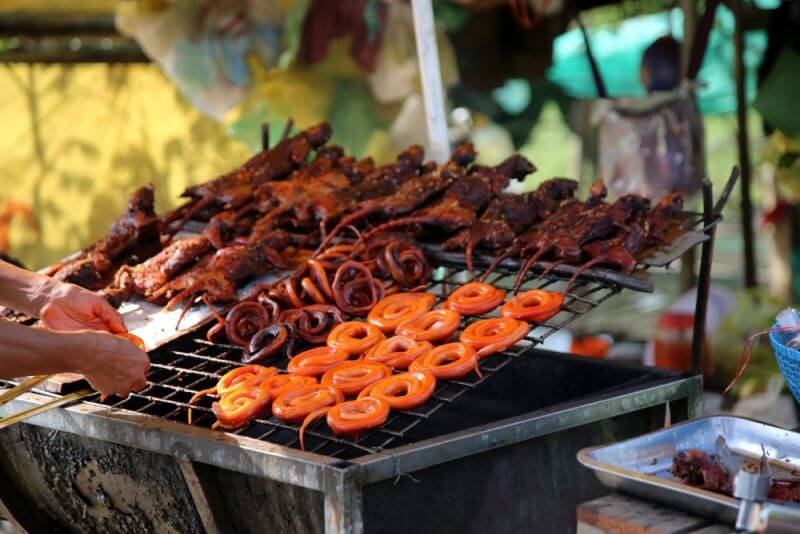

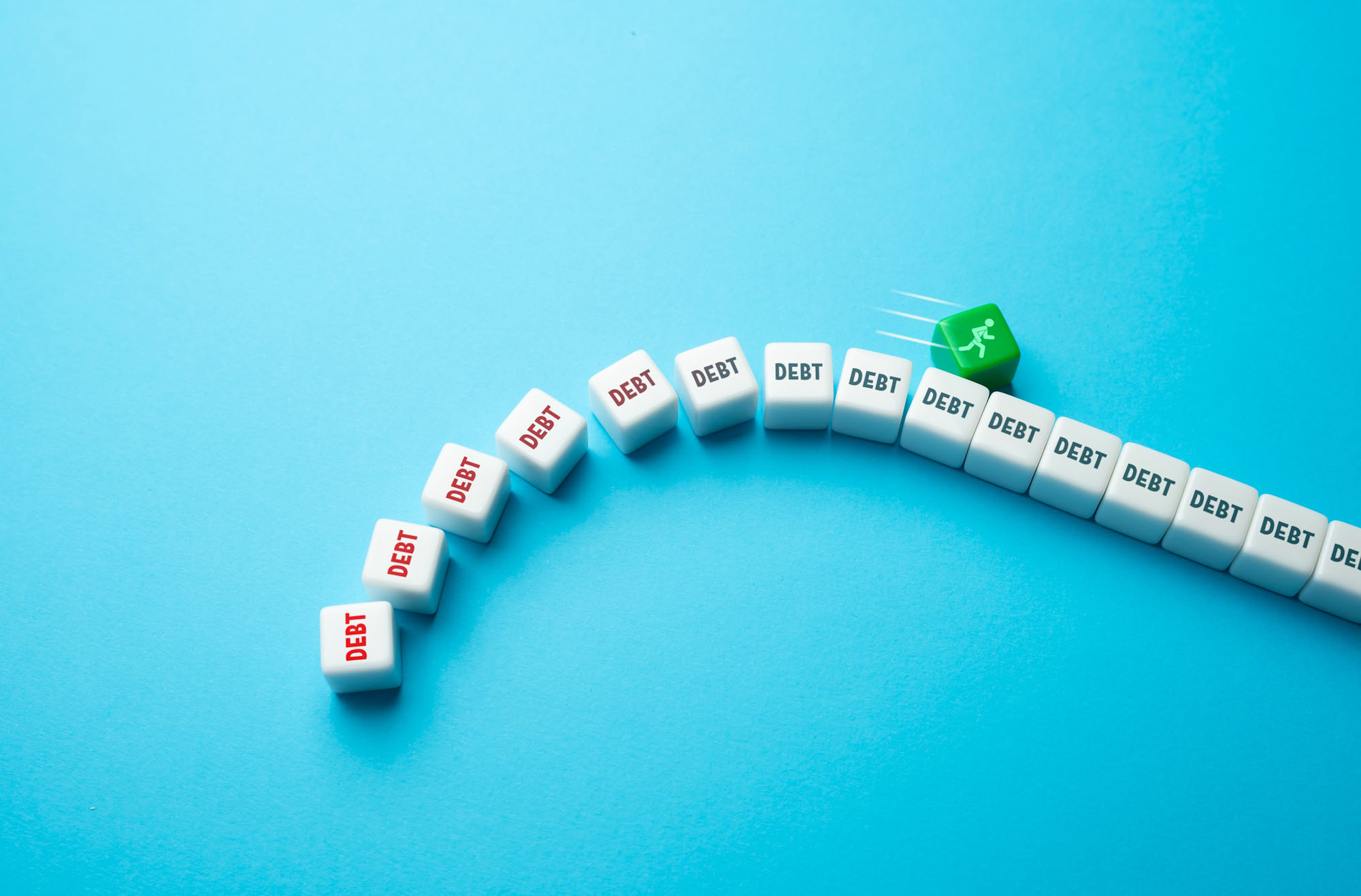


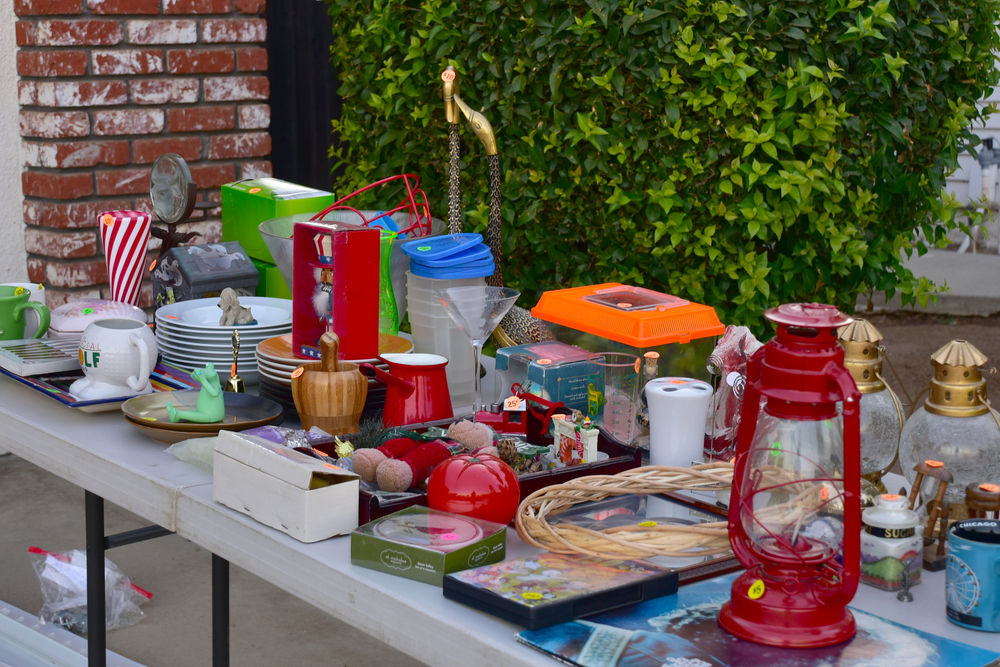
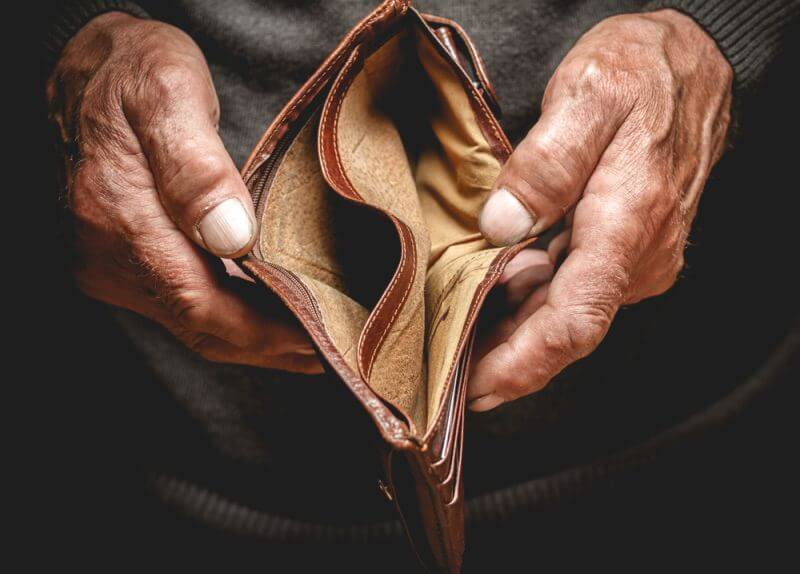
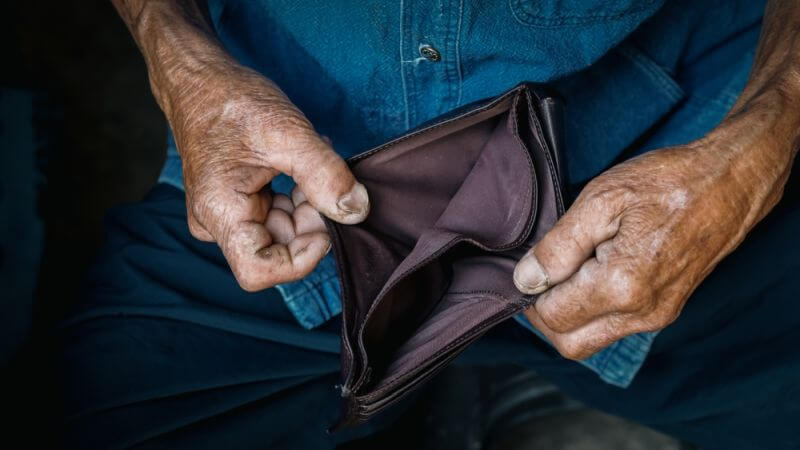

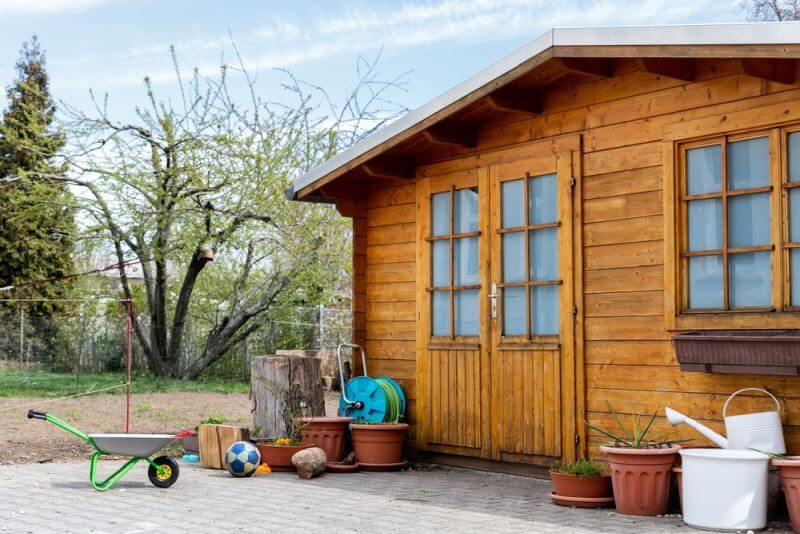

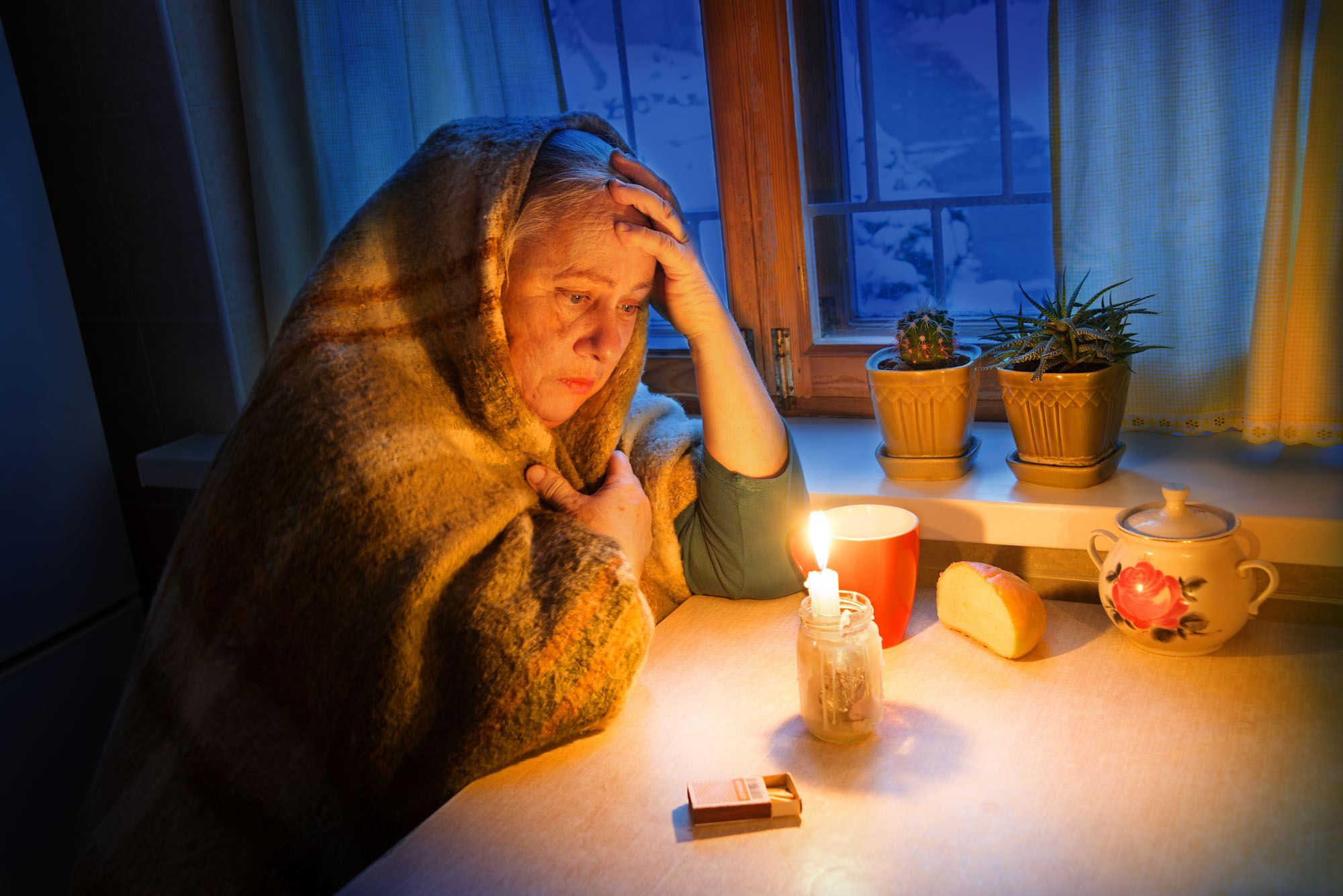









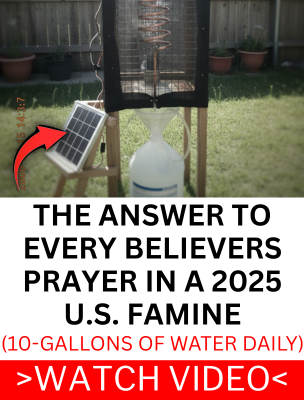


















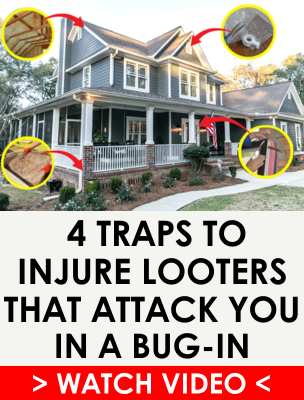







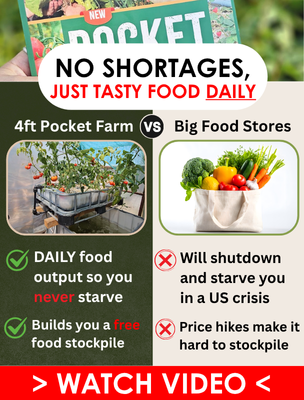


Maintaining Energy Efficiency IS important. Sharing how I do it with “Big Brother” via the IoT is NOT, in my opinion, a very smart thing to do. With the inevitable switch to an “All Digital Monitary System” some call “Biden Bucks”, I do not want the government to have the ability to know how I’m doing anything I can keep private… and give them the incentive to turn off my heat or worse, the source of my heating AND/OR cooling.
On the other hand, there are electronics that can be very helpful in managing system efficiencies without any connection to the I0T.
Your comments are just what I was thinking David! Sure these (IoT) devices are helpful to homeowners at reducing costs, but, they are also helpful monitoring, with what could be used as a control mechanism by big brother.
For instance: in the event, big brother thinks you are using too much energy, or perhaps more than allowed for your size home, they quite possibly could reduce it, remotely, or turn it off completely! If you or a family member said something they didn’t like, the same could happen, big brother will have the leverage to so.
A couple of other items big brother is monitoring, that I know of, there’s probably a lot more:
ALL car manufacturers will be installing, in 2026 model’s, what’s known as a ‘kill’ switch. This switch will be able to be used, remotely, by big brother, It doesn’t matter where you are, (you might be in a desert with children; or perhaps just trying to get home from work, while being stranded in wrong part of town, late at night or leaving a parking lot in broad daylight) if they think they have a reason to activate the ‘kill’ s with, they will.
For whatever, peeping tom’s reason’s are, big brother granted access to the installation of cameras inside televisions. There is a special way of wiring in the back of the TV’s to find the cameras, through our screens, which I saw once, but could not tell how it’s done.
First, we had onstar, which is truly helpful to the consumer, but, who else is it helping with our private conversations? Even this, the internet, being constantly monitored! We are truly living in a police, state, world, no longer free, only a facsimile of, what we thought we had, once. Can we thank our selected legislators for all of this or our complacent selves?